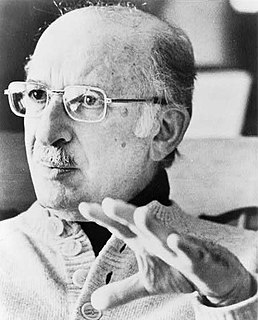A Quote by Judy Blume
I hate first drafts, and it never gets easier. People always wonder what kind of superhero power they'd like to have. I wanted the ability for someone to just open up my brain and take out the entire first draft and lay it down in front of me so I can just focus on the second, third and fourth drafts.
Related Quotes
It's more like I write multiple first drafts, handwritten. So with my first novel, I wrote whole drafts from different points of view. There are different versions of that novel in a drawer on loose-leaf sheets. I won't even look at the first draft while I'm writing the second, and I won't look at the second before writing the third.
It can take years. With the first draft, I just write everything. With the second draft, it becomes so depressing for me, because I realize that I was fooled into thinking I'd written the story. I hadn't-I had just typed for a long time. So then I have to carve out a story from the 25 or so pages. It's in there somewhere-but I have to find it. I'll then write a third, fourth, and fifth draft, and so on.
Almost all good writing begins with terrible first efforts. You need to start somewhere. Start by getting something-anything-down on paper. A friend of mine says that the first draft is the down draft-you just get it down. The second draft is the up draft-you fix it up. You try to say what you have to say more accurately. And the third draft is the dental draft, where you check every tooth, to see if it's loose or cramped or decayed, or even, God help us, healthy.
I'm not typing. I write only by longhand. I've always written first drafts by hand and then once I was into a second or third draft I wrote insert pages on a typewriter. But I got rid of all my typewriters about three or four novels ago and now I do everything by hand. I write by hand because it makes me go slow and going slow is what I like.
I remember Emilio [Estevez] and I were at John's house during the rehearsal process. And John [Huges] had mentioned he wrote the first draft of Breakfast Club in a weekend. And we both at the same time went, "First draft? How many do you have?" And John said he's got four other drafts. And we go, "Can we read them?" And for the next three hours, Emilio and I read those other four drafts.
I write very raw, ugly, illiterate first drafts very quickly (novels are always in first draft in under a year) and then I spend years and years fine-tuning, revising, editing, etc. What inspires me? Who knows. I am not inspired that much. That’s why I write long form fiction - I am not much of a short story writer. Ideas come seldom, but when a good one comes, I really stick to it and see it out. I’m a problem-solver - I've never thrown out an entire manuscript; I've always forced myself to repair it until it was a lovable thing again.
I was a lot dumber when I was writing the novel. I felt like worse of a writer because I wrote many of the short stories in one sitting or over maybe three days, and they didn't change that much. There weren't many, many drafts. That made me feel semi-brilliant and part of a magical process. Writing the novel wasn't like that. I would come home every day from my office and say, "Well, I still really like the story, I just wish it was better written." At that point, I didn't realize I was writing a first draft. And the first draft was the hardest part.
I taught everyone a very bad lesson at my publisher because they actually gave me deadlines this time and I'm now meeting them. I used to say, "Here's my book; it's six years late." I'm so much faster now, and work differently. With all the years of writing, I think I still draft as obsessively, but I think back to writing. On your first story, you start at draft one. On your second story, you start at draft ten. On your third story, you start at draft one hundred. If you need a hundred and eight drafts, you may write eight instead of a hundred and eight.


































